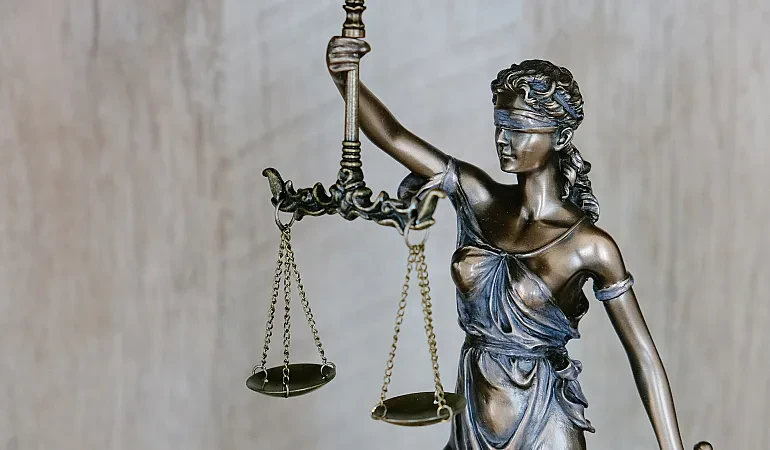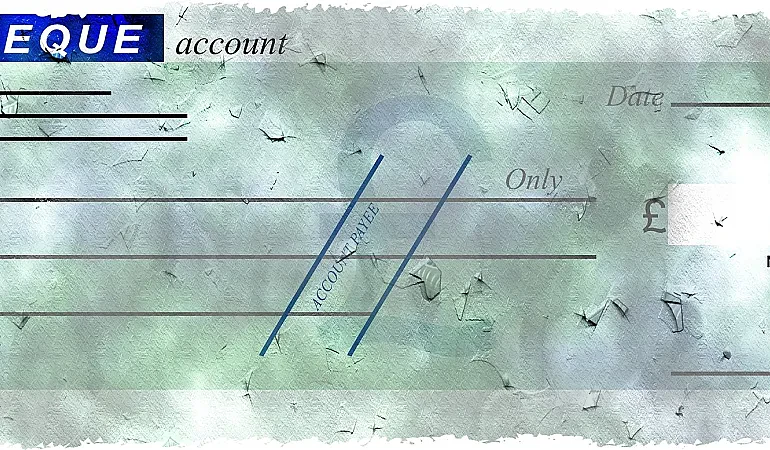Welcome to Lawyers 974
Administrative Law
Administrative Law
This blog category explores the topic of administrative law in Qatar, offering readers insight into the various laws and regulations that govern the state. From understanding the different branches of government to diving into the details of specific laws, this blog will provide readers with a comprehensive understanding of the administrative legal system in Qatar. We'll look at Qatar's history and how its legal framework has changed and evolved over the years, as well as more current topics such as the new labor law reforms. Whether you're a student looking to learn more, or a business professional wanting to stay informed, this blog is the perfect place to start.
ICC Arbitration Lawyers in Qatar: Legal Process, Enforcement & Expert Guidance
Looking for ICC arbitration lawyers in Qatar? This in-depth 2025 guide explains everything from drafting clauses to enforcing awards. Understand the ICC arbitration process, the role of Qatari courts, industry-specific disputes (construction, oil, joint ventures), and when to hire a specialist lawyer. Covering both local and international cases, this article walks you through fast-track procedures, virtual hearings, and the 2025 updates to Qatar’s arbitration law. It’s a must-read for corporations, investors, and legal professionals handling complex cross-border disputes in Qatar.
Rental Disputes in Qatar: Can a Lease Be Terminated Without Notice?
Can a lease be terminated without notice in Qatar? This detailed legal guide explores Qatar’s rental dispute laws, tenant and landlord rights, eviction processes, and the legal grounds for early lease termination. Learn how to file a complaint, what the Rent Dispute Committee does, and how expats can protect themselves under Law No. 4 of 2008. Whether you're dealing with early termination, illegal eviction, or seeking compensation, this article walks you through the steps clearly. Updated for 2025 legal reforms, it’s essential reading for renters, property owners, and real estate lawyers in Qatar.
Debt Collection in Qatar: Legal Process, Rights, and Recovery in 2025
Struggling with unpaid debts in Qatar? This complete 2025 guide explains the legal debt collection process, enforcement strategies, and types of debt you can recover—personal, business, rent, and more. Learn how to issue legal notices, file court cases, work with licensed agencies or lawyers, and handle expat-related issues. Updated with Qatar's latest regulations, this article is essential reading for creditors, businesses, and individuals needing reliable legal recovery solutions. Stay informed, stay protected.
Why Advocate Document Attestation Matters in Qatar: Legal Guide 2025
Document attestation by an advocate in Qatar is vital for legal validation of contracts, visas, court submissions, education, and property documents. This 2025 expert guide walks you through when and why advocate attestation is required, the full process, related authorities like MOFA and embassies, and how to choose a licensed legal professional. Whether you're an expat, student, or business owner, understanding advocate-certified documents ensures smoother transactions and legal compliance in Qatar and abroad.
Bounced Cheque Case Procedures in Qatar: Legal Steps, Penalties & Rights
Facing a bounced cheque case in Qatar? This in-depth 2025 legal guide explains every step — from filing complaints and court procedures to bail, penalties, and settlements. Whether you're a business owner or an expat, this article helps you navigate cheque bounce laws, understand civil and criminal consequences, and avoid jail time with expert preventive tips. Updated with the latest Qatar Central Bank rules and legal reforms, it's your go-to resource for managing and resolving cheque-related disputes confidently.





